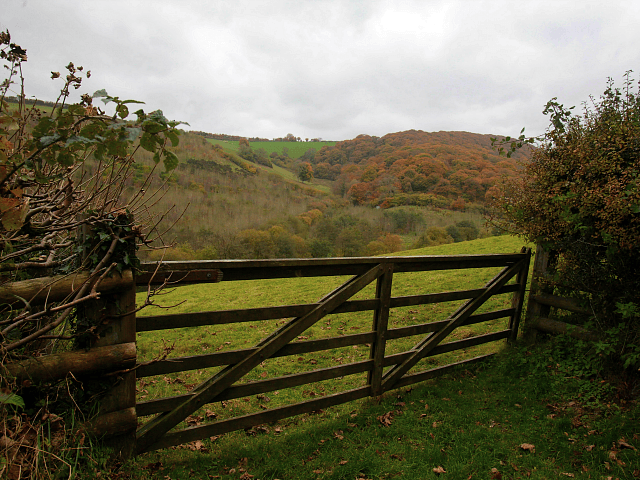Leave-supporting farmers in historic Exmoor have set out proposals which will allow them to thrive and reinvigorate the natural environment after Brexit.
The plan, bearing the ambitious title ‘Exmoor’s Ambition’, was reported by the Financial Times — normally a studiously europhile, establishment outlet which has opposed Brexit and supported signing Britain up to the troubled euro currency in the past.
The FT concedes that farmers in the area “voted overwhelmingly in favour of leaving the EU, in part because of widespread dislike of its Common Agricultural Policy [CAP] and the rules for accessing its subsidies.”
Remain-leaning mainstream media outlets have often attempted to claim EU membership is vital for British farming by providing access to so-called EU funding — a dubious description of CAP subsidies, as the UK puts significantly more into EU coffers than it gets back — and access to cheap foreign labour; although British farms actually managed to produce more food and employ more agricultural workers before the country joined the EU/EEC in the 1970s.
Farmers told the FT how the EU regime “disempower[s] farmers, not just by setting inflexible rules that cannot be bent to match local circumstances, but also by telling farmers what to do rather than setting objectives for them to meet” — forcing them to harvest at inappropriate times and taking away funds if land includes wildlife-friendly features such as ponds, for example.
The Exmoor Hill Farming Network, the Exmoor National Park Authority, Exmoor Society, Natural England, and the Royal Society for the Protection of Birds (RSPB) which helped to shape the ‘Exmoor’s Amibiton’ plan are therefore recommending a new regime which rewards landowners for maintaining the natural environment, preserving historic buildings and drystone walls, and providing access for walkers — among other things — rather than simply meeting targets for producing or not producing food.
“Exmoor is an incredible, unique asset,” commented New College Oxford professor Dieter Helm.
“It’s about farming, but it’s also about health, exercise, fresh air, mountain biking, walking and village pubs. The character of the place is the ultimate public good. If you want to provide open access, repair the hedges, create wildflower diversity, then farmers should be supported for that.”
Some free trade ideologues would like to see agricultural subsidies scrapped entirely — leaving British farmers at a disadvantage compared to their subsidised counterparts in the EU and the United States, as well as Third World producers in low-wage economies.
However, Brexit-supporting Secretary of State for Environment, Food and Rural Affairs, Michael Gove, has indicated he does see the need for subsidies to continue with a focus on “public money for public goods” — reflecting farmers’ role as stewards of Britain’s historic countryside and its way of life, as well as the necessity of preserving farming as a strategic industry which provides a level of food security.

COMMENTS
Please let us know if you're having issues with commenting.